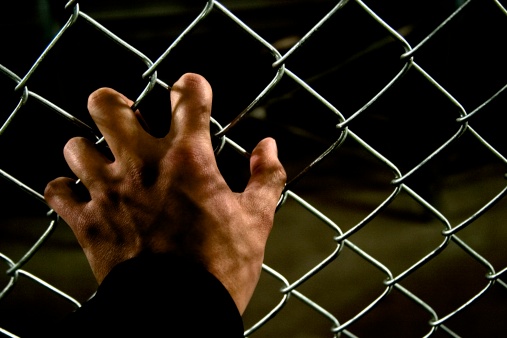How to Diagnose a Social Phobia

If you observe any weird or untoward habits of yourself, think about whether you are going through a phase or check if you are suffering from a social phobia. There are a lot of ways to diagnose social phobia also known as social anxiety. This way you can account for any abnormal behaviour as it is the most basic thing in seeking help and cure. On the other hand, this illness is a very common diagnosed mental disorder. The last ten years have seen vast recognition and publicity of social phobia. Anxiety is a fear of social interaction that causes physiological symptoms and emotional problems.
Instructions
-
1
Check for any unusual activity
You need to see if you have adopted any untoward behaviour. Most of the times this kind of behaviour is exhibited in phases but if it continues then you should consult with a psychologist as soon as possible. Nevertheless, the phase will probably end in six months, but if takes longer than that, then there are real chances of suffering from a social phobia. In that case, talk to your family members and friends, and ask them to get you professional help so that you can get treated. -
2
Call your doctor
Get an appointment with a psychiatrist if you feel dizzy, tired or any other medical condition. The doctor can help find out what is happening to you. He will determine whether your problems are the result of a social phobia or a medical illness. Also try to talk with your friends and family what you are thinking about. Do not avoid contact with people or go into a lonely phase. Express how you feel about things and what you want to do every day. Anxieties cause you to go into a phobia but you need to stay connected with friends in order to speed up the recovery. -
3
Check for signs of social phobia
There are signs and symptoms of social anxiety. Common signs are extreme shyness or being afraid of being in touch with other people. If you do not feel like talking to your close signs this is a clear indication of social phobia. Other symptoms include crying, clinging to your partner, throwing random tantrums. Majority of the people go through a phase of separation phobia. Nevertheless, adults do not have this problem as they are more independent and have a thought process of their own to cope with anxiety.


